I recently had a call with a potential new client, and it was more of an interview style meeting. A number of technical questions were asked, and one has stood out in particular. The purpose of this post is to discuss two points.
The first point is to talk about how to protect your flow run history from prying eyes and add an additional level of security. The second point is more of a personally one in regards to it is ok to say I don’t know during an interview, its all about how you handle it.
Point 1: How do I protect my flow run history from prying eyes?
The question was posed on how would I protect the flow run history and in particular the details in each step of a flow run from prying eyes? This could be a requirement to protect sensitive data that is being updated or accessed by a flow e.g. medical information, bank details or usernames and passwords etc.
In this example we are making a very simple HTTP GET to an openly available API that returns a random activity to try. The API returns the activity and some details as JSON.
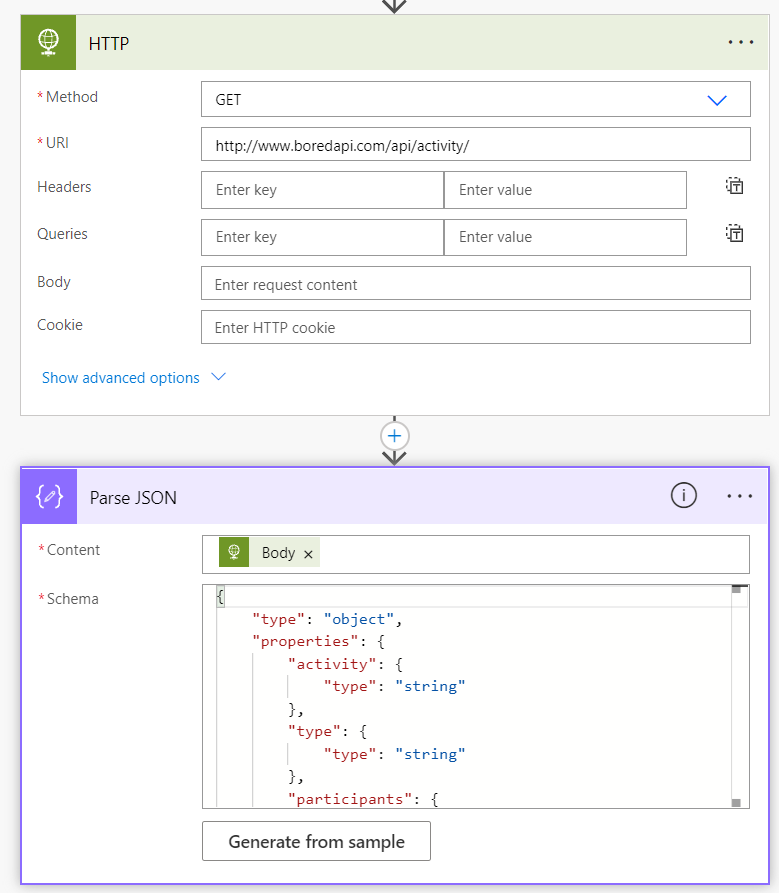
If you inspect the HTTP step settings, you can see an option to secure inputs and outputs. This is an essential option when you are dealing with sensitive information. By default, these are both set to off.
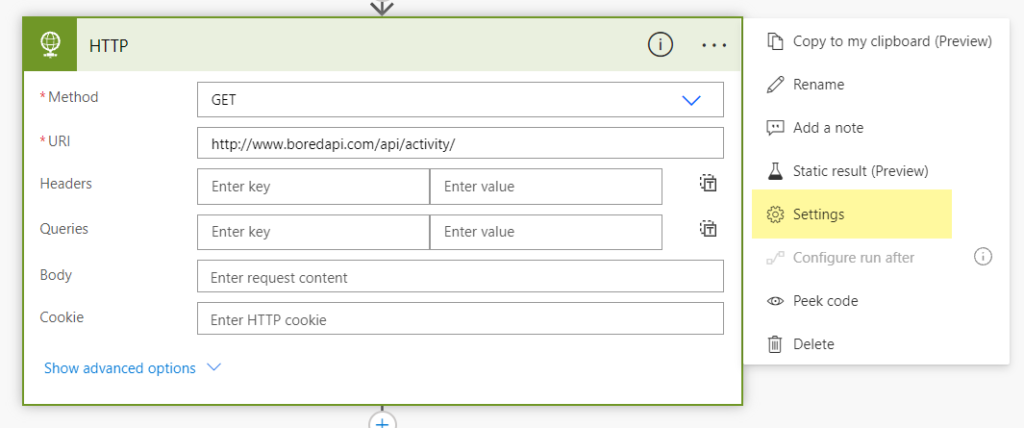

When the flow is then run, and you look at the run history, you can see the full details of what was input and output.
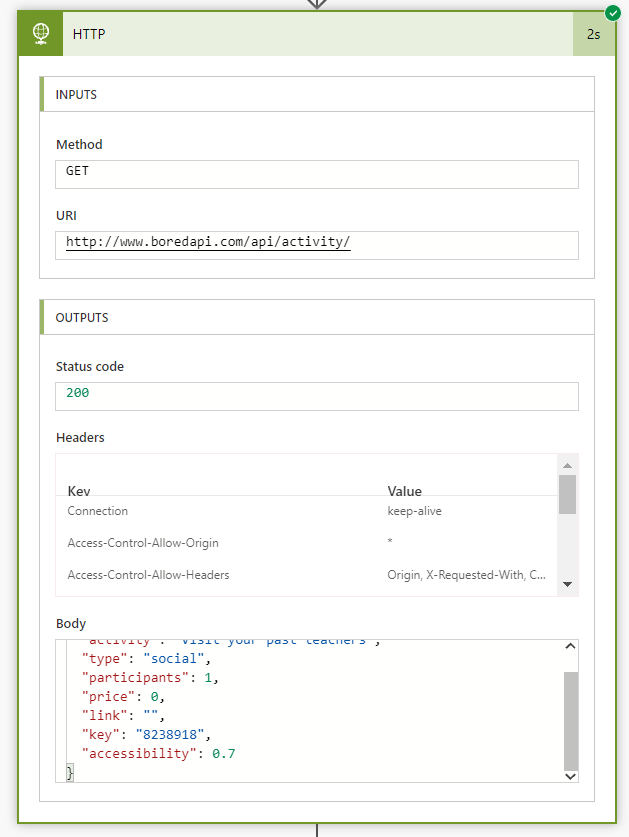
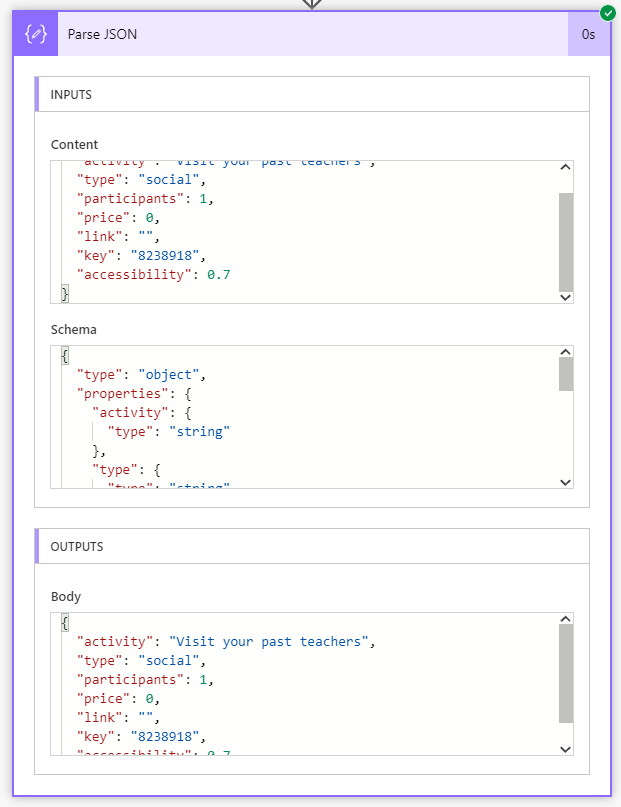
If, however, we turn the option on to secure the inputs and outputs, it will secure the values when you access the run history of the flow, not only for the secured step but for any following step that uses the output.

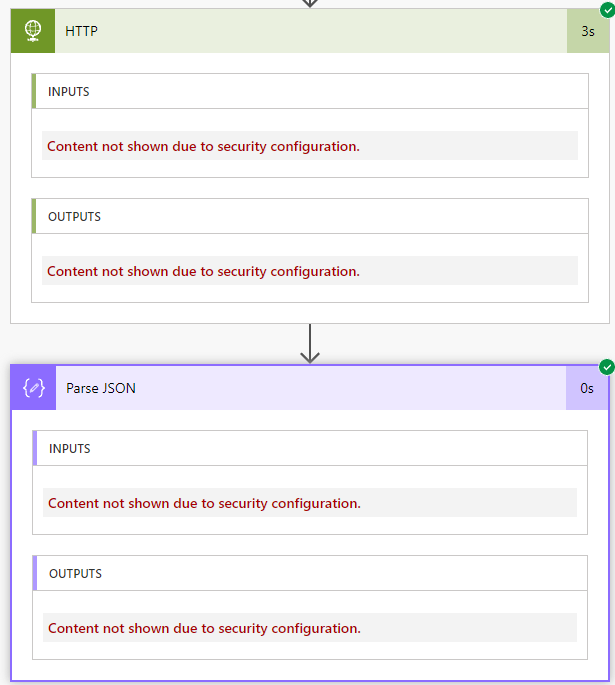
This ensures that your data is protected from users who may have access to the flow admin centre but should not access the underlying data.
Point 2: It is ok to say I don't know
The above question was asked as part of a meeting with a potential new client, and it highlighted that it is ok to say – I don’t know.
With the speed at which new features and functionality is released within the Power Platform, it is impossible to keep on top of it all. The reality is that it is less important to know about every single feature to solve the problem and more important to understand how to research and find a solution.
The trick is having the confidence to say I don’t know, but I will find out!